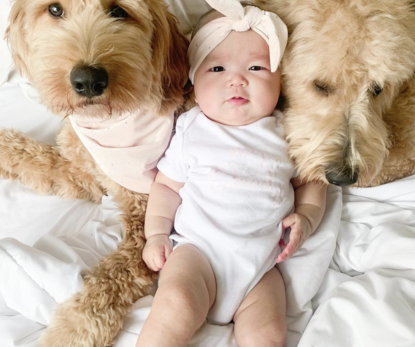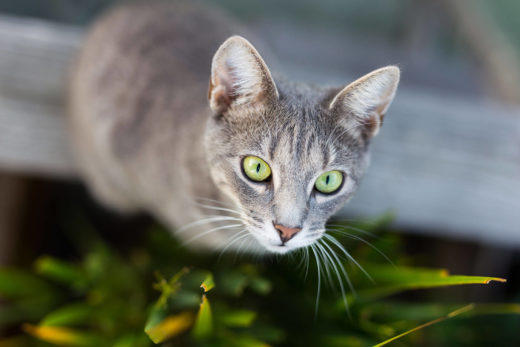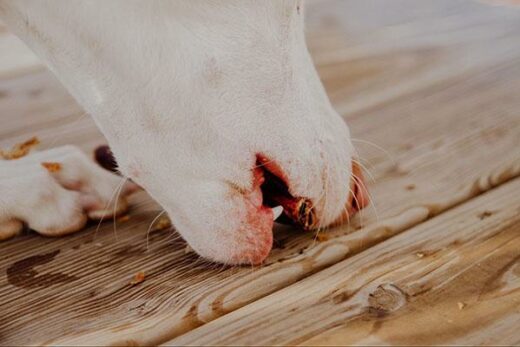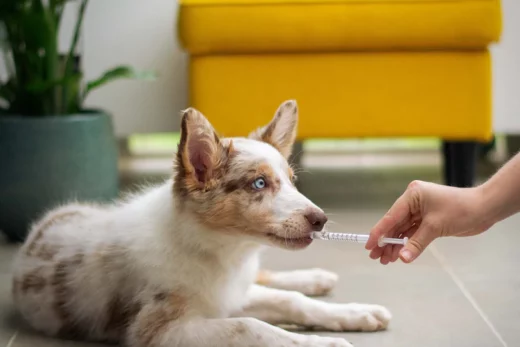There have been many stories in the media lately about the additive propylene glycol and the effects on humans and animals. It takes very little research to find this ingredient in a wide variety of products: cleaning products, body care products, home products, plastics, and even in food. It has been found to be a common ingredient in many pet food products, and that is something every pet owner needs to consider. Propylene glycol first garnered attention when it replaced a toxic ingredient in antifreeze, an ingredient that killed many animals. With the switch to propylene glycol, the new product was labeled as “safe”.
Propylene glycol first garnered attention when it replaced a toxic ingredient in antifreeze, an ingredient that killed many animals. With the switch to propylene glycol, the new product was labeled as “safe” antifreeze, in other words, an antifreeze that if your pet was exposed to it, was not toxic. This was deemed a huge stride forward as many pets died annually from ingesting antifreeze spills.
Then came the reports that lawsuits were being filed against Nestle, regarding the use of propylene glycol in Purina’s Beneful dog food and resultant toxicity and even pet death. The industry started to take notice.
What is the truth? What is the risk? According to the FDA, propylene glycol in small doses poses no risk. Their studies are far from complete, but some results did indicate that there were concerns of toxicity in humans and animals who had depressed kidney or liver function. The testing done was also quite dated (up to 50 years old) and did not include neurotoxicity testing or rigorous multi species testing. Concerns have been expressed that the results were not broad enough to truly evaluate the effects of propylene glycol, which is a derivative of a known carcinogen, propylene oxide.In other studies, it was found that cats were
In other studies, it was found that cats were particularly vulnerable to the effects, and the FDA banned the use of propylene glycol in cat foods. At this point, the amount of propylene glycol allowed in dog food is not considered an amount that would cause poisoning. The generally accepted acceptable level of propylene glycol ingestion level is 8 percent of the total diet for dogs.





